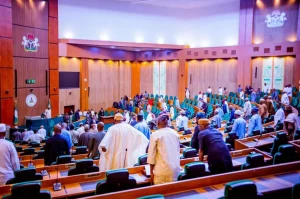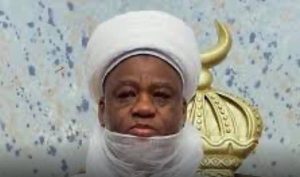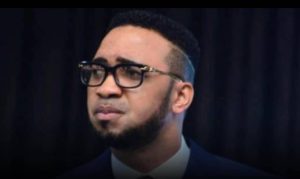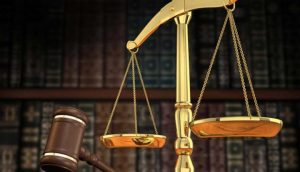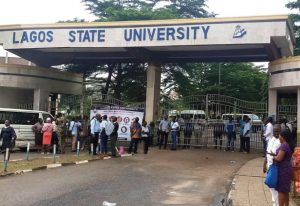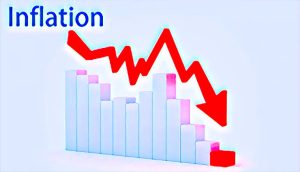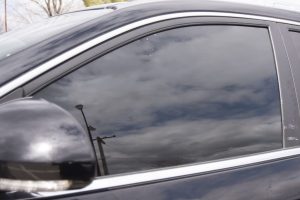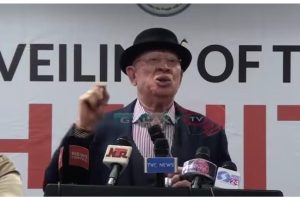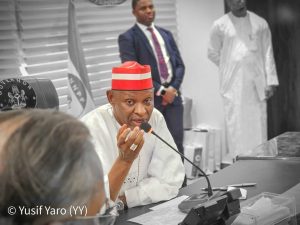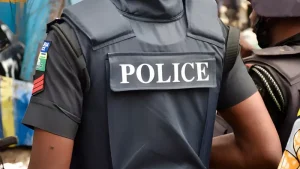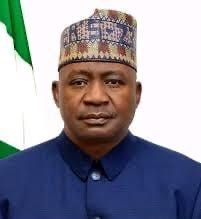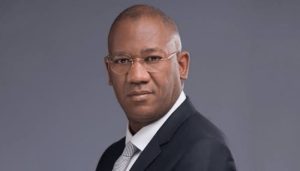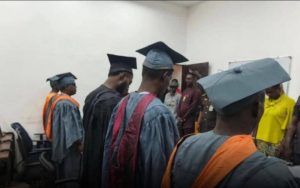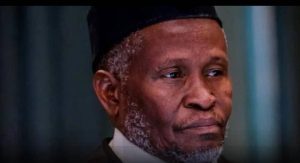The Independent Electoral Commission is the body vested with the power to organise an election in Nigeria and declare winners.
For the just concluded Presidential Election, 93.5 Million people registered to vote while at the end of the day, 25.3 million voted while others could not vote due to reasons such as insecurity, apathy, fear, and so on. The number of people who voted is approximately 27% of the total registered voters. This figure could be compared to previous elections since 1999 to date. In 1999, 57.9 million people registered to vote while 30.3 million people voted with a turnout rate of 52%; In 2003,60.8 million people registered to vote while 43 million voted at a turnout rate of 69%; In 2007,61.6million voters were registered while 35.5 million people voted with a turnout rate of 58%, in 2011,73.5 million registered to vote while 39.5 million voted, a turnout of 54%, In 2015, 68.8 million registered to vote while 29.4 million voted with 44% turnout and In 2019, 84 million registered to vote while 28.6 million voted with a turnout of 35%.
Looking at the records, the 2023 election happens to have the highest number of registered voters with the lowest rate of voters since 2019 to date. This is not just so, a factor must have been responsible for this act which cannot be totally detached from the naira redesign policy in Nigeria which made access to cash very difficult. Not only the naira redesign but there was also acute fuel scarcity which started around November 2022 till election week before February 2023 when it was resolved.
A few days before the elections, Nigerians held several demonstrations to protest the cash crunch and the elections seems like it might not hold before the President announced that the old 200 naira be reintroduced back to the country to cushion the effect of cash scarcity which had a great toll on the country. All these were strategies to discourage vote buying and to recover trillions of money lying in people’s cupboards instead of in circulation.
The Strategy worked perfectly, it led to voter apathy. Many people in the north refused to come out and vote due to cash scarcity while others trooped out to vote for reasons including change of Government and to the fight Muslim-Muslim ticket and other reasons best known to the electorates. Meaning a large number of voters experienced. The last election must have been largely induced by cash but in 2023, things changed.
At the end of the exercise, the breakdown on the 25.3 million voters according to INEC has three top candidates with North West :Tinubu -2,653,235, Atiku 2,329,802 and Peter Obi of Labour Party 350,188; South West- Tinubu -2,279,407, Atiku 941,941 and Peter Obi of Labor Party 846,478; South East – Tinubu -127,605, Atiku 91,198 and Peter Obi of Labour Party 1,960,589; South-South- Tinubu -799,957, Atiku 719,908 and Peter Obi of Labour Party 1,210,673, North East – Tinubu -1,185,458, Atiku 1,741,851 and Peter Obi of Labour Party 315,108; North Central – Tinubu -1,670,091, Atiku 1,087,884 and Peter Obi of Labour Party 1,133,840 while others shared the remaining.
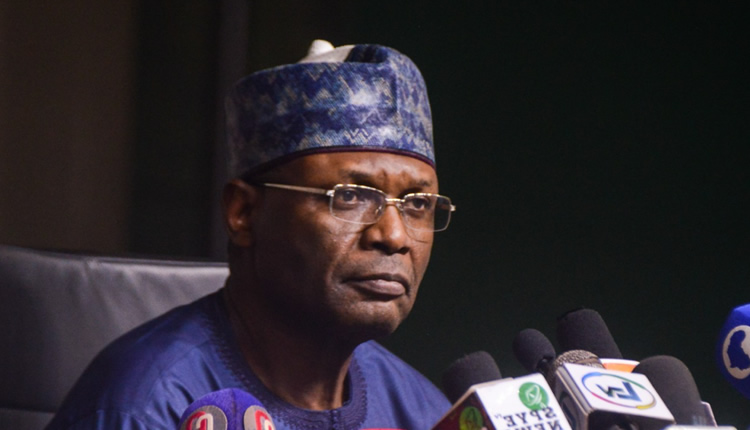
The elections could be allegedly marred with rigging from the three top leading parties and various shreds of evidence on social media attest to the fact that many people claimed that the result of their polling unit was different from what was read by the INEC officials. These entire allegations can only be determined by the competent court of jurisdiction but it is clear that propaganda and fake news remained high during the 2023 Presidential elections build-up.
The Electoral Commission has declared a winner of the election, Asiwaju Bola Ahmed Tinubu of APC having scored the highest number of votes but the two other leading parties, Alhaji Atiku Abubakar of the People’s Democratic Party (PDP) and Mr. Peter Obi of Labour Party(LP) have vowed to challenge the result at the election tribunal.
The electoral commission after the declaration of the winner held a post-meeting with its staff ahead of the Governorship and State house of Assembly election and admitted that there were hitches during the presidential elections. The body further said people who were part of the hitches will not participate in the governorship election-Be it Adhoc or permanent Staff- slated for 10th march while the chairman also advised those with grievances to visit the election tribunal as stipulated by law.
According to the chairman, Yakubu Mahmood, the commission is also set to punish its officials, including ad-hoc or collation personnel, who may have been found wanting in the conduct of the Saturday, February 25 Presidential and National Assembly Elections. He said, “As we approach the Governorship and State Assembly elections, we must work harder to overcome the challenges experienced in the last election. Nothing else will be acceptable to Nigerians. “All staff found to be negligent, whether they are regular or ad hoc officials, including Collation and Returning Officers, must not be involved in forthcoming elections. “RECs must also immediately initiate disciplinary action where prima facie evidence of wrongdoing has been established.”
Yakubu explained, “No doubt, last week’s national elections raised various questions that require immediate, medium, and long-term solutions. Despite the effort put into the election planning which was said to have been painstakingly done, there were still challenges.
It was clear that the commission is infallible and there cannot be a perfect system that won’t have lapses that could in the future be corrected. We must acknowledge that the BVAS machine really helped to curb impersonators at the various polling units and it also helped to capture the actual number of accredited voters during the elections which can help expose cases of fraud. The issue of the IREV Result portal which experienced challenges and many polling officials were unable to upload all results directly from the polling unit can be worked upon to ensure better services in future elections particularly the Governorship and State House of Assembly.
Let us at least appreciate INEC for the effort compared to the online backlash. This election is better compared to the past looking at the available statistics. Data don’t lie
Written by Tosin Adesile






